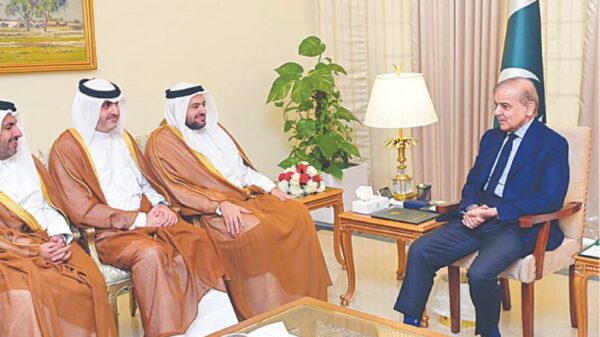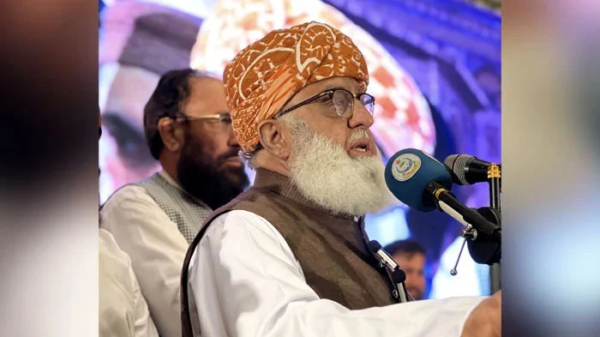On Monday, Pakistan and India engaged in the annual ritual of exchanging lists detailing their respective nuclear installations and facilities, as outlined in the Agreement on Prohibition of Attacks against Nuclear Installations and Facilities.
This agreement, signed on December 31, 1988, and ratified on January 27, 1991, mandates that both nations inform each other about their nuclear installations and facilities on the 1st of January each year.
In adherence to this agreement, Pakistan officially delivered its list of nuclear installations and facilities to a representative of the Indian High Commission in Islamabad at the Ministry of Foreign Affairs. Concurrently, the Indian Ministry of External Affairs handed over the corresponding list for India to a representative of the Pakistan High Commission in New Delhi.
This practice of exchanging these lists has been a consistent annual occurrence since January 1, 1992.
Supreme Court Forms 7-Member Larger Bench To Hear Lifetime Disqualification Of Politicians On Tuesday
Meanwhile, the Supreme Court of Pakistan has established a seven-member bench, led by Chief Justice Qazi Faez Isa, to address the issue of lifetime disqualification of politicians according to Article 62(1)(f) of Pakistan’s constitution.
This bench includes Justice Mansoor Ali Shah, Justice Yahya Afridi, Justice Aminuddin, Justice Jamal Mandokhail, Justice Mohammad Ali Mazhar, and Justice Musarrat Hilali.
Scheduled for Tuesday at 11:30 am, the bench will deliberate on the case involving the lifetime disqualification.
Notably, in 2017, PMLN leader Nawaz Sharif and Istehkam-e-Pakistan Party’s Jahangir Tareen faced disqualification from public office based on Article 62(1)(f), as ruled by the Supreme Court.
Meanwhile, nominations of papers of Nawaz Sharif have been accepted from Lahore and Mansehra. Former Prime Minister Nawaz Sharif will contest from NA-130 in Lahore and NA-15 in Mansehra.
Earlier, PTI’s argument centered on the Supreme Court’s lifetime disqualification of the PML-N leader, contending that the RO lacked the authority to approve Sharif’s nomination papers. However, Sharif’s papers were ultimately accepted.










